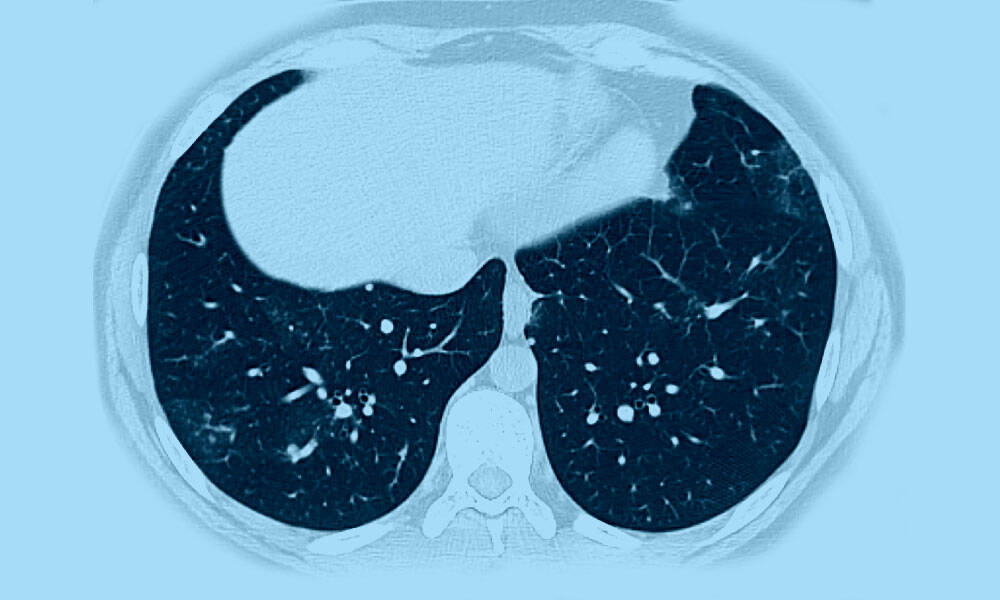
How Associations Responded to Coronavirus
Content to help members prepare for recovery; an image repository for research and education; the role of physical therapy on the front lines; member volunteers relieve overwhelmed funeral homes.
Readying for Recovery
Coronavirus Response • Hospitality Sales and Marketing Association International
When the coronavirus hit, the Hospitality Sales and Marketing Association International quickly changed course to help its members—sales, marketing, and revenue management professionals in the hotel industry—focus on surviving the steep decline in the hospitality business.
We have totally pivoted to generate content to make sure our members know what they should be doing now, and how to prepare for the recovery, which will be the next three to five years.
“We have totally pivoted to generate content to make sure our members know what they should be doing now, and how to prepare for the recovery, which will be the next three to five years,” says Robert Gilbert, CHME, CHBA, president and CEO of HSMAI.
The organization has been providing real-time data among the major travel types—leisure, corporate, and meetings and conventions—to educate workers forced home by the pandemic and to prepare them to act as destinations, venues, and activities reopen. Gilbert says the group will continue to monitor the “pulse” of the industry to ensure its members can help usher in economic recovery over the next few years. — Rasheeda Childress
Images of COVID-19
Coronavirus Response • Radiological Society of North America
As the medical community raced to care for COVID-19 patients in the spring, the medical imaging community united to bring their expertise and resources together in a COVID-19 Imaging Data Repository. The repository houses images and related data from institutions, practices, and societies around the world to create a comprehensive source for COVID-19 research and education efforts.
These combined resources will help researchers understand epidemiological trends and other factors to better assist with COVID-19 diagnosis and treatment planning.
“RSNA is committed to accelerating collaborative research and education on the uses of medical imaging to address diagnosis and imaged-based treatment of COVID-19,” says Curtis P. Langlotz, MD, Ph.D., RSNA’s board liaison for its Information and Technology Annual Meeting. He added that because of RSNA’s ability to connect radiologists from around the world, it has received a “wave of requests from organizations interested in sharing imaging data.” — Lisa Boylan
PT on the Front Lines
Coronavirus Response • American Physical Therapy Association
As the COVID-19 pandemic unfolded across the country, the American Physical Therapy Association launched an online tool to connect members of the profession with healthcare facilities looking for volunteers.
Physical therapists and PT assistants with appropriate experience freed up needed ICU beds and ventilators by providing treatments that reduced some patients’ need for mechanical ventilation. And as patients and entire regions continue to move toward recovery, volunteers will help individuals get back to work by providing exercises to improve mobility, function, and quality of life.
“While people may not think of physical therapists playing a role in respiratory treatment and recovery, this was a way for our industry to not only share their skill set but also help hundreds of Americans get healthy and stay healthy,” says Michel Landry, a professor at Duke University who coordinated the effort for APTA. — Samantha Whitehorne
Help for Funeral Homes
Coronavirus Response • National Funeral Directors Association
COVID-19 hastened the deaths of tens of thousands of Americans, creating a grim task for the National Funeral Directors Association.
It’s just a very high number of people that they are trying to help.
“The funeral homes are absolutely overwhelmed,” says Anna Bernfeld, NFDA senior vice president of member relations. “It’s not just the deceased from COVID-19; they have the regular caseload, too. It’s just a very high number of people that they are trying to help.”
NFDA provided relief by coordinating more than 800 member, nonmember, and mortuary science student volunteers to help ensure the proper handling of the deceased. Because volunteers have been needed in multiple states across the country, NFDA has worked with governors to alleviate state licensing restrictions that sometimes limited placements. “We’re going to continue these efforts as long as the needs are out there,” Bernfeld says. — Rasheeda Childress
The Radiological Society of North America has been building a data repository of COVID-19 images. (Paul Biris/Moment)






Comments